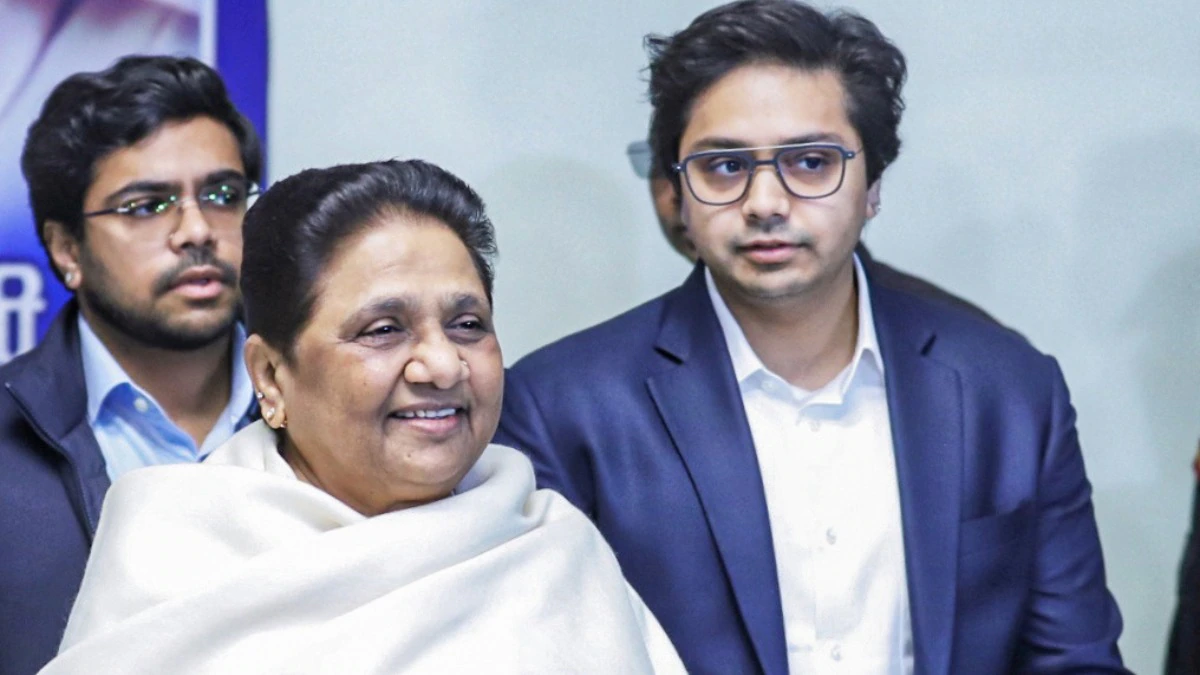What comes to mind when you think of a quintessential Bengali? A deep love for art, music, politics and food, especially fish. The phrase “maach-e bhaat-e Bangali” (fish and rice is what makes a Bengali) isn’t just a saying; it’s a way of life. You can take the Bengali out of Kolkata, but their bond with fish is near impossible to sever. It’s no wonder then that when Bengali refugees fled to Delhi during and after the Partition of 1947 and the Bangladesh Liberation War in 1971, they recreated a slice of home in Chittaranjan Park.
Originally set up as a settlement for displaced persons from East Pakistan, CR Park gradually transformed into a vibrant cultural and culinary hub—a microcosm of their lost homeland, complete with temples, sweet shops, and the iconic fish market that now finds itself at the heart of an unexpected controversy.
The controversy
What triggered the discussion was a viral video “that felt more like a threat to our culture and practices”, says Milita Das, 38, a CR Park resident.
It showed two men clad in ochre outfits “threatening” fish market traders for running their business next to a temple in the area.
“The market is just adjoining the temple. This is wrong. It is hurting the sentiments of the Sanatanas. Sanatana Dharma says we should not kill anyone… “This is pure fiction that fish and meat are offered to deities. There is no such proof in the ‘shastras’. The entire country is watching this,” the man said in the video.
What followed next were puzzled reactions, anger and political mudslinging.
Everyone wanted to set the record straight. Biren Ganguly, a CR Park resident of 15 years, says, “Fish is an integral part of our culture – whether it’s weddings, annaprashan (the rice ceremony), or even puja. We offer alcohol and meat to the goddess, and then one fine day, someone comes along and says otherwise? That’s sacrilegious. I condemn it.”
Why Bengalis are furious
To understand why this issue struck such a nerve, one must understand the central role of maach (fish) in Bengali life -not just as food, but as something deeply spiritual. Fish is part of religious rituals, wedding customs, and even offerings to deities.
For instance, at Kalighat temple in Kolkata, non-vegetarian bhog—including fish—is offered to the goddess, a fact that might surprise those unfamiliar with Shakta traditions. Shaktism is a major branch of Hinduism focused on the worship of the Divine Mother, or Goddess Shakti, as the supreme deity.
The temple is believed to be over a thousand years old and is one of the Shakti Peeths – sacred sites where body parts of Goddess Sati are said to have fallen.
Indrajit Lahiri, Kolkata-based food blogger and entrepreneur, says, “Kalighat Temple is dedicated to Goddess Kali, known for her fierce and warrior-like form. And what do warriors need? Strength! And what gives strength? Protein! That’s why, instead of the usual sweets and fruits, Maa Kali here is offered non-vegetarian bhog at Kalighat, particularly goat meat. This tradition has been going strong for centuries.”



